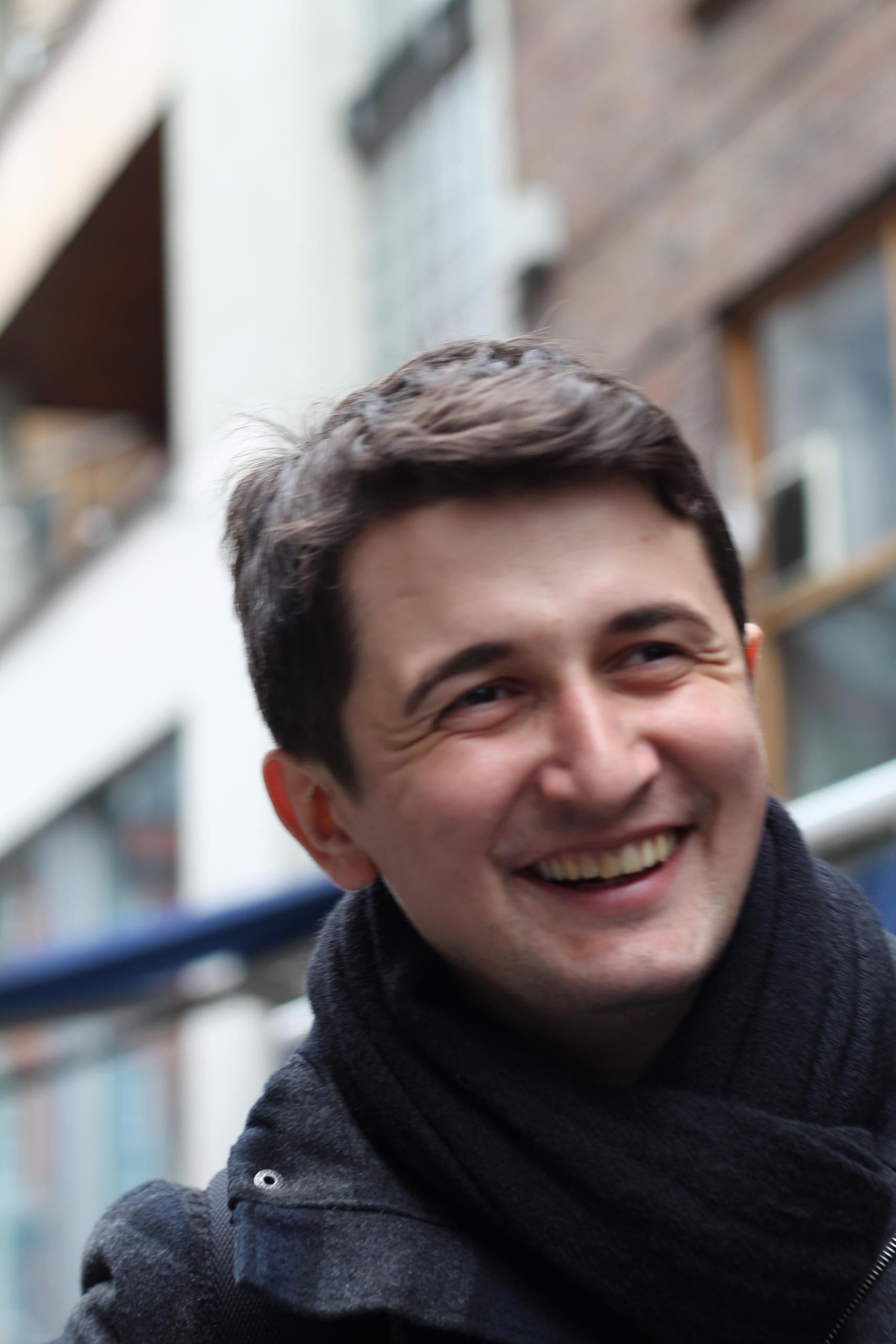Putin’s European waltz in 3D: deflect, deny, discredit
In the 20 years since Vladimir Putin came to power, Russia has developed a soft power strategy for dealing with Western politics – where Switzerland is not immune. Sociologist Tornike Metreveli looks at some of the evidence.
It’s not rocket science to argue that the Russian state invests in ‘agencies of influence’ in Europe or elsewhere. Whether these ‘agencies of influence’ are opinion or policy-makers, they are of immense importance for the Russian soft power strategy that “lies in the ability to attract and persuade”.External link It’s a strategy from the Soviet Union that Vladimir Putin – a self-describedExternal link “proud KGB officer” – graciously continued when he came to power two decades ago. It’s clear that Russia invests in soft power in Europe, but how does it do it? Who are the major targets and why? What should be done?
A scandal exposing how Swiss investigator Viktor K. accepted favors from Russia might not have made waves beyond Switzerland if it did not echo much wider patterns of Russia’s meddling in European politics. It’s what I call Russia’s 3D strategy: deflect, deny and discredit.

Deflection is about relativizing real issues and substituting them with [believable] lies. This is when believable lies co-exist with the truth. For example, one of the greatest fears of the Russian political establishment is arguably the sustainability of the regime External linkagainst Western-inspired political change. As the argument goes, political change shall not occur at any cost. Along with a strong military, police and intelligence apparatus, the regime needs propaganda at home and abroad to legitimize the system.
However, the state system has flaws. Let us focus on one of them: corruption. Can the fight against corruption be a driving engine of political change in Russia? Probably not, but what if? For Russian political leaders, the option becomes normalizing it. Let’s spin off the narrativeExternal link that ‘we might have corruption, but so do you, Europeans!’ Now the discussion becomes about a corrupt Europe. The deflection, for both domestic and foreign consumption, has the effect of relativizing European political culture, institutions, and corrupt European politicians.External link
Denial is yet another attribute of a 3D strategy. It is all about the refuting of facts. For example: there was no meddling in American electionsExternal link, apart from that there was.External link There was no Russian involvement in a nerve-agent murder attempt in Salisbury, EnglandExternal link, but yet again, there was. External linkRussia was falsely blamed for involvement in the downing of the Malaysia Airlines passenger jet that took the lives of 298 people, against compelling evidenceExternal link of Russian involvement.
The last D – discredit – is about undermining European institutions from within by supporting far-right and (counterintuitively for some) far-left radical parties. This creates internal divisions on major issues among the political actors in Europe.
Yet why do European right-wing parties support Russia? One possible answer is that they see in Putin a staunch defender of cultural conservatism, whatever Austrian, Hungarian, Greek, Flemish, British, Italian or French versionExternal link of conservatism they might be adhering to. Putin plays with anti-Americanism and anti-elitist narratives and agendas that are especially appealing considering the importance of nationalist rhetoric for the messaging of the alt-right. Of course, the ideological angle does not exclude interests in Russian money External linkor personal admiration for Putin.
Support from the left
Research by the New York-based Institute of Modern Russia showedExternal link that in 78% of cases, the left-most factions in the European parliament backed pro-Kremlin decisions on Ukraine and Syria. On a more grassroots level, the presence of both German and Polish left-wing partiesExternal link in elections in Crimea, Donetsk and Luhansk de facto legitimized the narrative that Europeans are supporting elections in breakaway regions of Ukraine.
So why does the European radical left sympathize with Putin? One possible answer is an appeal to moral superiority. As the Russian argument goes, the West is provoking conflicts in the former Soviet Union (e.g. Georgia, Ukraine) while Russia acts in defense of neutrality. By the same token, the West is all about revolutions and regime change while Russia emerges as a counter-revolutionary force in defense of ‘legitimate governments’ (e.g. Syria or Ukraine under Yanukovych). But what about Russia’s invasions of Georgia and Ukraine or civilian attacksExternal link in Syria? Nuances become irrelevant as long as the 3D strategy successfully operates.
Counter-strategy
How should Europe handle the growing effectiveness of this Russian strategy affecting its political field? One option is to look at how the 3D strategy operates in countries close to Russia (e.g. GeorgiaExternal link and Ukraine) and uses them as a modus operandi for European advancements. Correspondingly, paying greater attention on a policy level to how Baltic states are approaching External linkthe process of countering Russian disinformation strategies might be efficient.
Back in 2017, Putin announcedExternal link how seriously Russia is taking the development of Artificial Intelligence (AI). It remains to be seen whether AI can be used as an effective tool in Russia’s 3D strategy. However, facing and addressing the fact that Putin’s “European waltz” is not just about Russia’s assertiveness, but also about opportunism and the venality[MT2] of European politicians and their parties, will be a virtuous first step forward.
The views expressed in this article are solely those of the author, and do not necessarily reflect the views of swissinfo.ch.
Opinion series
swissinfo.ch publishes op-ed articles by contributors writing on a wide range of topics – Swiss issues or those that impact Switzerland. The selection of articles presents a diversity of opinions designed to enrich the debate on the issues discussed.

In compliance with the JTI standards
More: SWI swissinfo.ch certified by the Journalism Trust Initiative











You can find an overview of ongoing debates with our journalists here . Please join us!
If you want to start a conversation about a topic raised in this article or want to report factual errors, email us at english@swissinfo.ch.